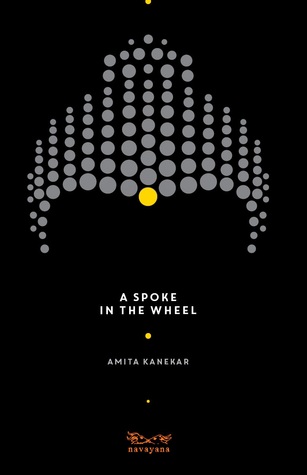Review: A Spoke in the Wheel
Courtesy: Luis Dias, Navhind Times.
Of all the genres of novel-writing, I have the greatest respect for writers of historical fiction. It is a genre best left untouched before a vast amount of reading and research on the subject and the historical period has been accomplished. In addition, one also has to possess a good imagination to recreate an often-distant past, in some ways very different from ours, but also in terms of the human experience, not that different. (more…)




